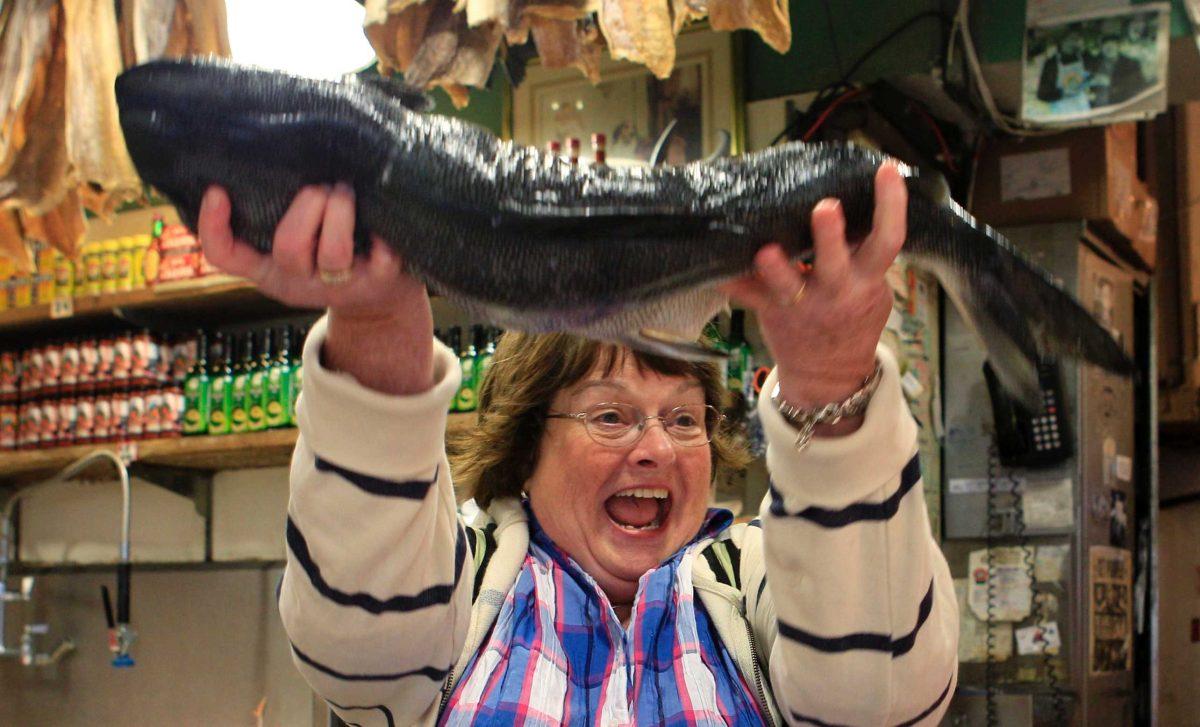Scientists have spent $60 million and 15 years developing a genetically engineered salmon for human consumption, and a University associate dean is leading the committee discussing the salmon’s usefulness.
The Veterinary Medicine Advisory Committee launched a two-day hearing Monday on the genetically engineered salmon, said David Senior, associate dean of the LSU School of Veterinary Medicine and chairman of the committee.
Senior said the VMAC was asked by the Food and Drug Administration to discuss four points about the salmon, which will have a significantly faster growth rate than the average salmon.
Those four points are the safety of salmon receiving this extra gene, the safety of the meat for human consumption, the inclusion of the gene actually making the fish grow faster, and the safety for the local salmon population to have this altered salmon in the same environment.
During the hearing, the only unanimous answer was the extra gene makes the salmon grow faster. The fish grow around six times their normal size, Senior said.
As for the other three points, the committee members considered the weight of the evidence they received from studies. The evidence shows that the new fish would have many benefits, but some weakness may slow down progress toward the FDA’s approval of the fish, Senior said.
“In the end, the decision is completely up to the FDA,” Senior said. “The committee’s purpose is to discuss and give its opinion.”
The possibility of the genetically engineered fish escaping and competing with the local salmon population is troublesome because they would dominate the natural population, Senior said. In order to prevent this risk, all genetically engineered salmon are females. Of these female fish, researchers ensure there is never more than 5 percent sterile fish, and ideally, about 99 percent are infertile, Senior said.
Senior said the genetically altered salmon will have many benefits.
“In the past, the introduction of specially bred crops to Third World countries increased food production, and the ability of the world to feed itself increased dramatically. At some point, it will be necessary to do the same pertaining to meats, specifically salmon,” Senior said.
If these fish were approved for human consumption, the FDA would consider whether the genetically engineered fish meat should be labeled separately. Concerns from the public about the genetically engineered meat are increasing with the possibility of them hitting the market, Senior said.
Alyse Halle, history sophomore, said she would still be skeptical before eating anything genetically engineered even if the FDA approved it.
—————
Contact Kate Mabry at kmabry@lsureveille.com.
Scientists develop genetically engineered fish for consumption
September 22, 2010
Linda Hunter lifts a salmon after catching it Monday in Seattle. The chum salmon is not sold in markets, but used for tourists who want to experience fish tossing.





